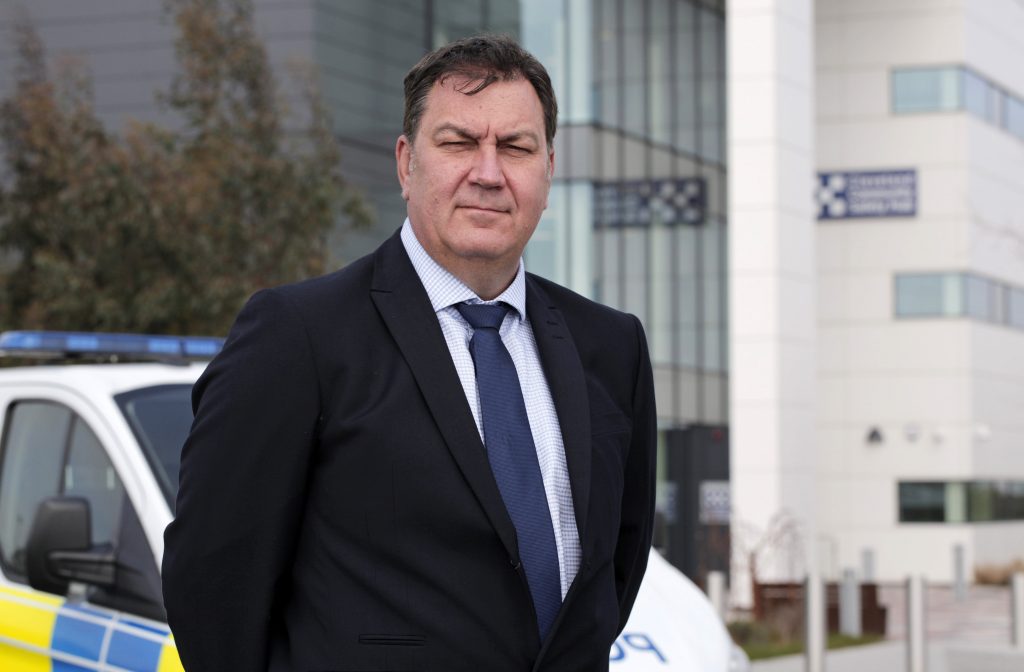Some people may think restorative justice is a soft option, just a box-ticking exercise for offenders to say they are sorry and for the authorities to say they have been rehabilitated and justice has been done.

After meeting with victims and hearing their stories, I’m taking this opportunity to tell you that it’s not.
I believe it can be one of the toughest tools which our justice system has at its disposal.
Restorative Justice puts victims at the heart of the process, which is something I set out to do when I stood for election as Police and Crime Commissioner (PCC.)
Victims must give consent before contact between victim and offender can take place.
Victims decide:
- How they want to connect with their offender/s;
- How the whole process is driven;
- What they want to say about how the offence has impacted on them – and others around them.
Victims can look the offender in the eye and tell them about the harm caused by the crime.
For them, it’s not just the physical loss, damage or hurt – but also the very real anger, distress and long-term suffering caused by crime in our communities.
As a result, RJ allows victims to confront their offenders – either face-to-face, via mediation from a practitioner or in written or recorded communications.
This allows victims to get answers to their questions about the crime and the criminal’s motivations. It can also aid recovery after trauma.
Why me?
I’ve seen the real benefits of this for myself when I’ve talked to victims, who desperately want to know why they’ve been targeted by offenders. “Why me?” is far too common a question that needs to be answered.
At the same time, this process allows offenders to see the real person behind the label of victim.
As a result, offenders can see the impact of their crime more visibly and come to terms with its consequences.
Offenders often engage with RJ in addition to serving their sentence – or after being released from prison.
As a programme, only RJ can help victims recover and challenge offenders to see the consequences of their crime.
Providing better support to victims of crime was a key commitment in my election manifesto and will play a central role in my Police and Crime Plan.
Restorative justice is an important part of these promises. That is why I am pleased to confirm I will continue to commission a restorative justice service in Cleveland.
My office will continue to work with partners to further enhance the provision available.
